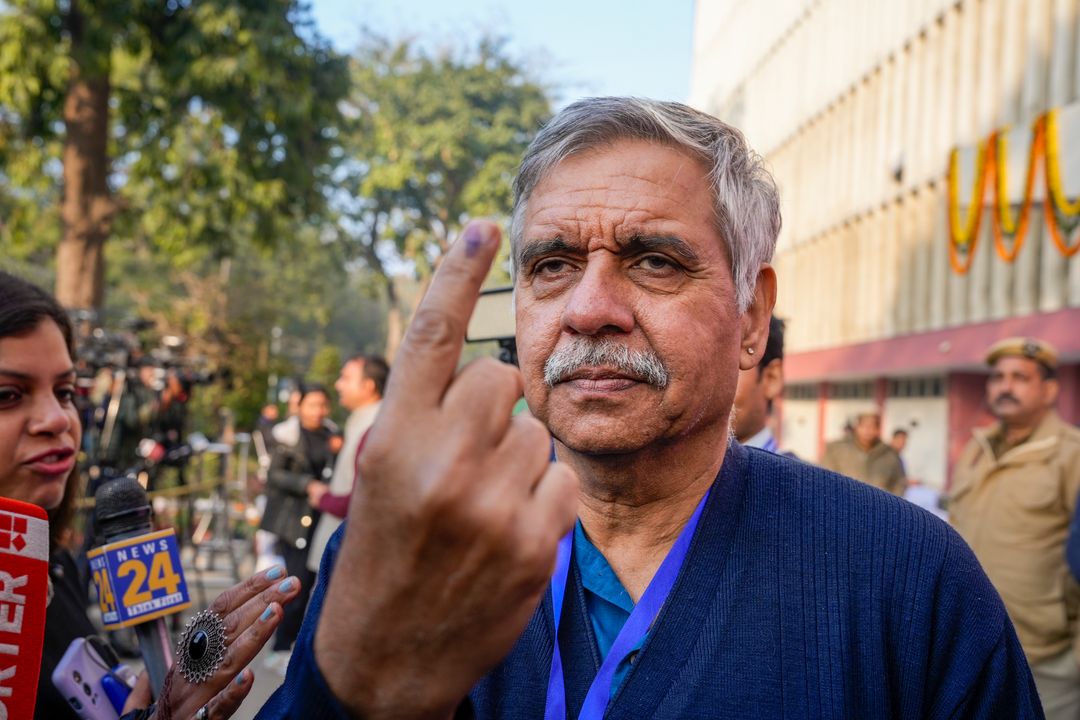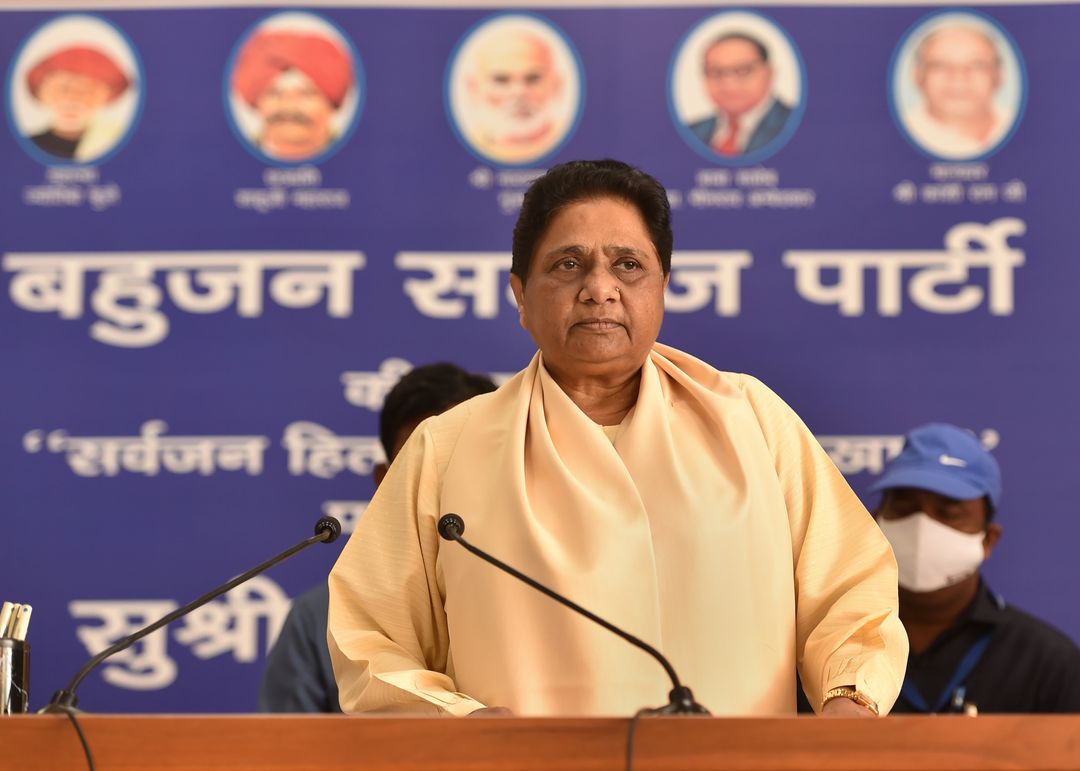New Delhi, Feb 3 (PTI) – With just two days remaining until Delhi goes to the polls, the Muslim electorate in the capital finds itself at a crossroads. Unlike previous assembly elections where the community largely voted en masse to counter the BJP, this time, multiple factors have led to a split in opinion, leaving many undecided.
Delhi, home to an estimated 1.55 crore voters, lacks precise data on its Muslim electorate. However, estimates suggest that the community, which comprised 12.9% of the population in the 2011 Census, may now account for 15-18%. With a significant presence in at least seven out of Delhi’s 70 constituencies and an influential role in several others, Muslim voters are being courted by multiple political factions.
Fareed Askari from Jamia Nagar acknowledges AAP’s shortcomings but sees no alternative. “AAP may have failed Muslims, but they are the only party that can stop BJP,” he remarked.
On the other hand, Mohammad Akbar from Abul Fazl Enclave rejects the fear-driven narrative. “Enough of voting out of fear. We should vote for the party that truly represents us. Rahul Gandhi is raising issues that matter,” he asserted.
Hilal Ahmed, assistant professor at the Centre for the Study of Developing Societies (CSDS), notes that Muslim voters in Delhi, like other communities, are increasingly voting strategically. “It’s an assembly election, so proximity to local representatives plays a role. AAP has built strong local networks in these areas,” he explained.
As the city prepares to vote on February 5, the community’s choice remains unclear. Will pragmatism prevail, or will a shift towards ideological voting alter the political landscape? The answer will be revealed on counting day, February 8.
Delhi, home to an estimated 1.55 crore voters, lacks precise data on its Muslim electorate. However, estimates suggest that the community, which comprised 12.9% of the population in the 2011 Census, may now account for 15-18%. With a significant presence in at least seven out of Delhi’s 70 constituencies and an influential role in several others, Muslim voters are being courted by multiple political factions.
A Divided Electoral Strategy
The prevailing uncertainty stems from three major schools of thought among Muslim voters:- Pragmatic Voting to Stop BJP: Some believe that supporting AAP is the most effective way to prevent the BJP from gaining power in Delhi. Arvind Kejriwal’s party has a strong grassroots presence and a history of winning Muslim-dominated seats.
- Loyalty to Congress and Rahul Gandhi: Others argue that AAP abandoned the Muslim community during key crises, such as the 2020 Delhi riots and the Tablighi Jamaat controversy during the COVID-19 pandemic. They see Congress, led by Rahul Gandhi, as the more vocal advocate for secularism and minority rights.
- Backing AIMIM for Community Representation: A growing section is considering Asaduddin Owaisi’s AIMIM, which has fielded candidates like Shifa-ur-Rehman and Tahir Hussain—both accused in the 2020 riots. Some view this as a stand against mainstream parties that they feel have ignored Muslim concerns.
Voices from the Ground
Murtuza Nayyar, a 23-year-old IT professional, epitomizes the internal conflict. “My heart says Congress, but my mind says AAP. Rahul Gandhi is speaking up for minorities, but if we split our votes, BJP might benefit,” he said.Fareed Askari from Jamia Nagar acknowledges AAP’s shortcomings but sees no alternative. “AAP may have failed Muslims, but they are the only party that can stop BJP,” he remarked.
On the other hand, Mohammad Akbar from Abul Fazl Enclave rejects the fear-driven narrative. “Enough of voting out of fear. We should vote for the party that truly represents us. Rahul Gandhi is raising issues that matter,” he asserted.
The Gandhi Factor and AAP’s Ground Game
Congress, keen to regain lost ground, has focused its campaign on Muslim-dominated constituencies, with Rahul and Priyanka Gandhi leading high-profile roadshows. However, political analysts believe AAP holds an advantage due to its established local leadership and organizational network.Hilal Ahmed, assistant professor at the Centre for the Study of Developing Societies (CSDS), notes that Muslim voters in Delhi, like other communities, are increasingly voting strategically. “It’s an assembly election, so proximity to local representatives plays a role. AAP has built strong local networks in these areas,” he explained.
The 2020 Election Precedent
In the last assembly election, AAP dominated all seven Muslim-majority seats—Okhla, Babarpur, Mustafabad, Seelampur, Matia Mahal, Ballimaran, and Chandni Chowk. It remains to be seen whether that trend will hold or if Congress and AIMIM will eat into its vote share.As the city prepares to vote on February 5, the community’s choice remains unclear. Will pragmatism prevail, or will a shift towards ideological voting alter the political landscape? The answer will be revealed on counting day, February 8.



